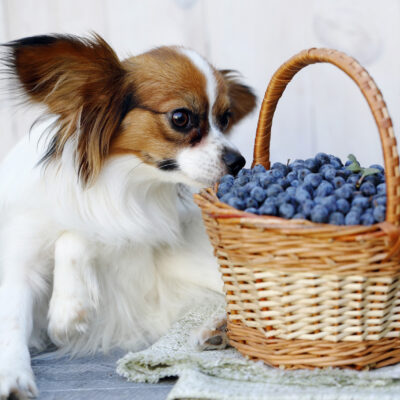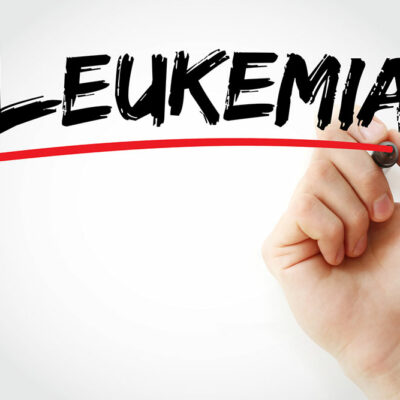
Diet
Snacks for Rheumatoid Arthritis Sufferers
When it comes to snacking for rheumatoid arthritis (RA) patients, the focus should land comfortably on foods that are naturally anti-inflammatory in nature. Snack foods high in protein, soluble fiber, that are low in fat, and packed with joint-supporting fats don’t hurt either. RA is an autoimmune disorder that mistakenly attacks the inner lining of joints, resulting in joint pain, joint swelling, and over time may lead to permanent joint erosion and damage. While RA is progressive and incurable in nature, many patients find that adopting a diet rich (in combination with doctor-prescribed medications and therapies) in the following anti-inflammatory snack foods may help relieve RA pain and swelling: 1. Sardines Sardines and other types of fatty fish (i.e., salmon and mackerel) are great snacks paired with crackers or veggies and whole wheat pita triangles. Not only are these fatty fishes loaded with vitamin D (a natural bone builder and mood booster); they also contain plenty of heart- and joint healthy omega-3 fatty acids, protein, and calcium, which work to decrease high levels of inflammation. 2. Avocados Avocados are a naturally alkalizing food, which means these so-called “superfoods” help the body maintain good pH balance, offer a plethora of nutrients, and help naturally lower inflammation throughout the body, which is key for RA patients.
Read More 








